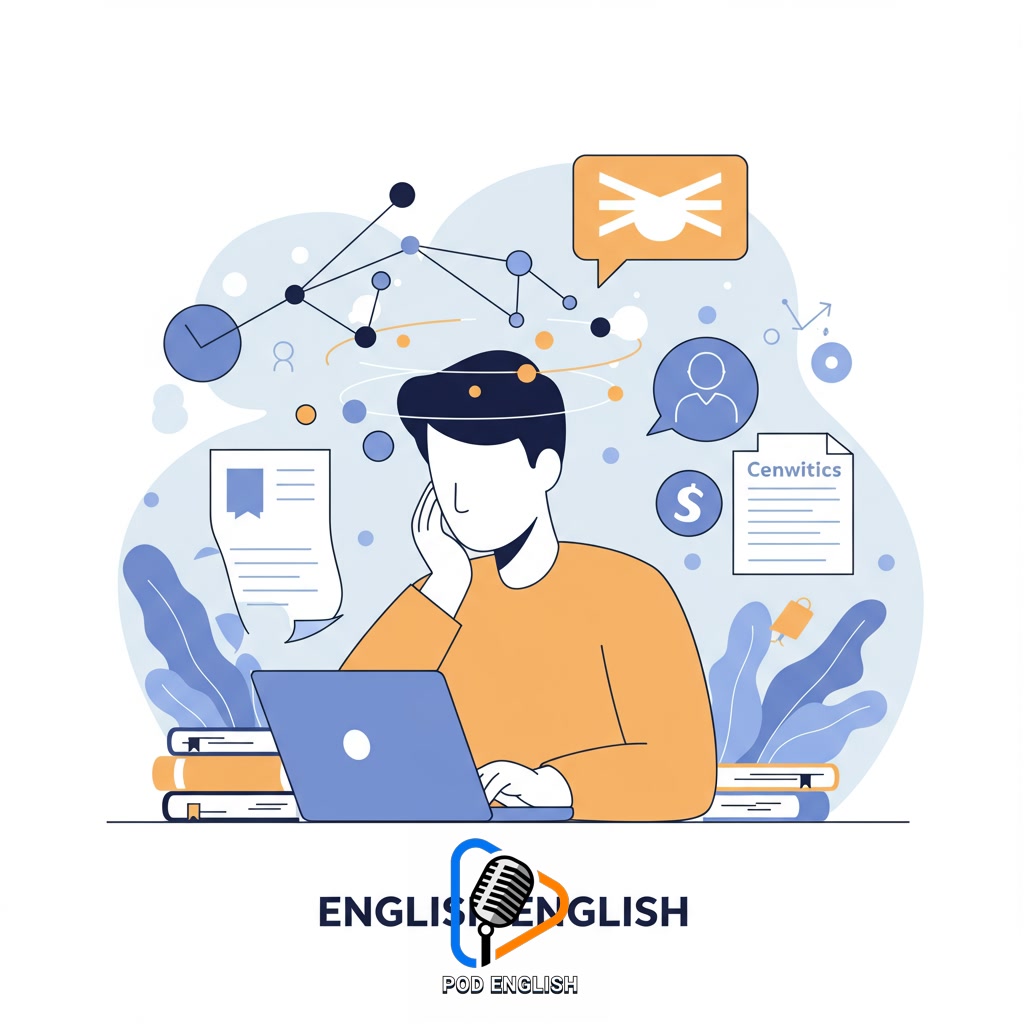Learn English
Boost Your Critical Thinking Skills Learning English

Learning English offers a powerful pathway to developing stronger critical thinking skills. The process of acquiring new vocabulary, understanding complex grammar, and interpreting diverse texts challenges the mind to analyze, synthesize, and evaluate information. Engaging with different perspectives and cultural nuances inherent in language study fosters analytical reasoning and problem-solving abilities. Thus, actively learning English is a valuable method for enhancing cognitive functions and sharpening your critical thinking.
Table of Contents
- Section 1: Introduction: The Connection Between Language and Thought
- Section 2: How Learning English Engages Critical Thinking
- Section 3: Specific English Skills That Sharpen Your Mind
- Section 4: Strategies to Actively Boost Critical Thinking While Learning English
- Section 5: Benefits Beyond Language: Applying Critical Thinking in Life
- Section 6: Conclusion: Making Critical Thinking a Habit in Your English Journey
Section 1: Introduction: The Connection Between Language and Thought
The relationship between language and thought is deeply intertwined. Language is not merely a tool for communication; it actively shapes how we perceive the world, organize our ideas, and process information. When we learn a new language, such as English, we are essentially acquiring a new framework for thinking. This process involves grappling with different grammatical structures, expanding our vocabulary to label concepts in new ways, and understanding nuanced meanings. Engaging with these linguistic elements challenges our cognitive abilities, forcing us to make connections, analyze patterns, and synthesize information in novel ways. This fundamental interaction between absorbing language and structuring thought lays the groundwork for developing stronger analytical and critical thinking skills.

Introduction: The Connection Between Language and Thought
Section 2: How Learning English Engages Critical Thinking
Building on the idea that language profoundly shapes thought, the very process of learning English actively engages and strengthens critical thinking skills. Encountering new vocabulary requires you to analyze context, infer meaning, and evaluate usage. Mastering complex grammatical structures demands logical reasoning and the ability to understand how different components of a sentence relate to form coherent ideas. Furthermore, reading and interpreting diverse texts in English challenges you to identify main arguments, analyze evidence, synthesize information from various sources, and evaluate different perspectives. This constant mental exercise in deconstructing and reconstructing meaning, inherent in language acquisition, provides a powerful workout for your analytical and evaluative abilities.

How Learning English Engages Critical Thinking
Section 3: Specific English Skills That Sharpen Your Mind
Delving deeper, specific English skills directly contribute to sharpening critical thinking. Mastering vocabulary isn’t just memorizing definitions; it involves understanding nuances, context, and how words shape meaning, requiring analysis and inference. Grasping complex grammatical structures demands logical reasoning and the ability to dissect sentences to understand relationships between ideas. When interpreting diverse texts, from articles to literature, you practice analyzing arguments, evaluating evidence, synthesizing information from different sources, and identifying author bias or perspective. Engaging in discussions or debates in English further hones your ability to process information rapidly, formulate coherent thoughts, and respond critically. Each of these skills acts as a mental workout, training your brain to think more analytically and effectively.

Specific English Skills That Sharpen Your Mind
Section 4: Strategies to Actively Boost Critical Thinking While Learning English
To actively enhance critical thinking through English learning, move beyond passive consumption. When reading or listening, cultivate curiosity: ask ‘why’ an author chose a particular word, ‘how’ a sentence structure impacts meaning, or ‘what if’ the situation were different. Compare information from various English sources on the same topic to identify biases or differing perspectives. Practice analyzing the structure of arguments presented in English texts or speeches. Summarizing and paraphrasing complex ideas in your own English words forces you to process and synthesize information deeply. Engaging in discussions or debates in English encourages you to evaluate others’ viewpoints and articulate your own reasoned opinions, directly applying analytical skills.

Strategies to Actively Boost Critical Thinking While Learning English
Section 5: Benefits Beyond Language: Applying Critical Thinking in Life
The critical thinking abilities honed through the disciplined study of English extend far beyond linguistic proficiency. By learning to dissect arguments, evaluate information sources, and synthesize diverse ideas within the context of a new language, you are building transferable cognitive skills. These skills become invaluable tools in everyday life: analyzing complex problems at work or school, making informed personal decisions, navigating the vast amount of information encountered online, and understanding different viewpoints in social interactions. The mental discipline cultivated through understanding nuanced English grammar or interpreting a multifaceted text directly translates into a sharper, more analytical approach to real-world challenges. Thus, your effort in mastering English not only opens doors to communication but also equips you with a powerful framework for navigating and understanding the world around you more effectively.

Benefits Beyond Language: Applying Critical Thinking in Life
Section 6: Conclusion: Making Critical Thinking a Habit in Your English Journey
Building on the analytical skills discussed previously, this conclusion emphasizes the crucial step of integrating critical thinking into your ongoing English learning journey, making it a consistent habit. It’s not merely about understanding complex sentences or expanding vocabulary; it’s about consciously applying analytical and evaluative skills to everything you encounter. As you read diverse texts, listen to various speakers, or engage in conversations, actively question assumptions, analyze arguments presented in English, and synthesize information from multiple sources. This consistent application within the context of language study transforms English learning into a powerful, daily practice for sharpening your mind and solidifying your critical thinking abilities alongside your language proficiency.

Conclusion: Making Critical Thinking a Habit in Your English Journey













